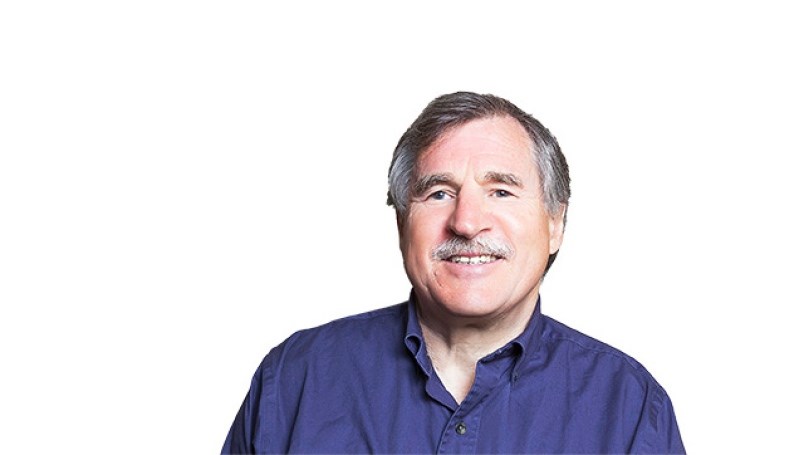With less than six months remaining before the next civic election, our municipal council is facing a growing chorus of dissent from a broad spectrum of residents.
Former District of Squamish councillor Ron Sander is convinced this assembly is “definitely past its best before date.
Their decisions have really smelled like rotten fish on numerous subjects of late! Hopefully, some good candidates come forward for October,” Sander said.
Emanating from an ex-member of the inner sanctum, that no-holds-barred assessment begs the question: Have our elected municipal representatives done anything praiseworthy as they head into the grand finale of their mandate?
Several councillors offered their personal take on that query when they were contacted. Armand Hurford pointed to the as a major highlight during his time in office. It focuses on the inventory of greenhouse gas emissions produced by the community and helps staff and council to identify areas where they could have a meaningful impact. He said a good example of that initiative is the recently installed gas flare at the Squamish landfill site. Another project on his radar is the Real Estate and Facilities Master plan, designed to address the end-of-life status of many of the District’s facilities. “This is a significant undertaking and is long overdue,” he added.
Coun. Chris Pettingill said council’s diking, flood hazard management, and wastewater treatment planning have helped Squamish cope effectively with extreme weather. Still, given the frequency and magnitude of recent provincial emergencies, he noted there is “an even greater sense of urgency with regards to the goals in our strategic plan.” While attending several major conferences on behalf of the District, he learned that many jurisdictions are discussing climate change, equity, affordability, and city design. Based on feedback he received at those gatherings, “in С����Ƶ, Squamish is seen as a leader in addressing a number of these challenges,”he said.
Coun. John French pointed to the long-awaited launch of the designed to increase the supply, availability and access to affordable housing options across the entire housing spectrum. Another major achievement on his watch is the Loggers East Neighbourhood Plan, despite the process being slowed by COVID-19.
“The inclusion of language about tiny homes as a housing form acceptable in this neighbourhood in the future is notable for me because I feel that Tiny homes are one under-utilized piece of the solution puzzle as we find ways to ease the housing challenges in our community,” he affirmed. He also mentioned the District’s positive relationship with the He said the level of communication has been admirable and the two jurisdictions are working co-operatively on several projects.
Coun. Eric Andersen emphasized the a project largely completed by the previous council but with important supplementary features included this term. He said the dike upgrades underway in Brackendale and at Siy̓ích’em are a major part of that initiative. When it comes to the Squamish waterfront, he believes much work remains to be done, and that necessity is highlighted in the District’s In his opinion, a recreational boat launch and marine transport facilities solutions will be important moving forward. As well, dredging the Mamquam Blind Channel will be vital.
“Our silted-up harbour today is impractical and, indeed, unsafe for boaters. We miss out on a substantial water-based tourism opportunity due to the condition of our harbour,” he said.
According to Coun. Doug Race council has worked steadily on strategic accommodation priorities, including and the Buckley Avenue affordable housing project, but he added more work needs to be done on that front. A major accomplishment this term is the District’s nearly completed technology transformation project, he said. With all business licences and development activity now available on a single system,
it is a comprehensive upgrade designed to replace outdated technology, increase productivity, and improve access to data. He said there have also been several initiatives focused on the reduction of building emissions by way of non-fossil fuels heating and cooking, as well as efforts to improve our active transportation network and discourage automobile use.
Everything considered, whether the performance declarations cited here by members of council resonate with Squamish residents will be determined at the polls this coming October.
Helmut Manzl is a political columnist and long-time Squamish resident.
**Please note, Manzl reached out to all seven members of council back in December; all the answers he received back are included in this column.







